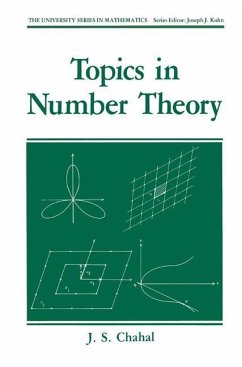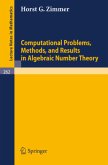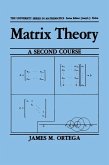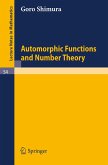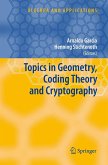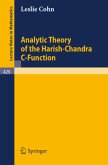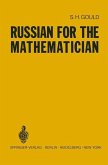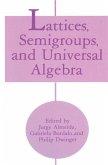This book reproduces, with minor changes, the notes prepared for a course given at Brigham Young University during the academic year 1984-1985. It is intended to be an introduction to the theory of numbers. The audience consisted largely of undergraduate students with no more background than high school mathematics. The presentation was thus kept as elementary and self-contained as possible. However, because the discussion was, generally, carried far enough to introduce the audience to some areas of current research, the book should also be useful to graduate students. The only prerequisite to reading the book is an interest in and aptitude for mathe matics. Though the topics may seem unrelated, the study of diophantine equations has been our main goal. I am indebted to several mathematicians whose published as well as unpublished work has been freely used throughout this book. In particular, the Phillips Lectures at Haverford College given by Professor John T. Tate have been an important source of material for the book. Some parts of Chapter 5 on algebraic curves are, for example, based on these lectures.
Bitte wählen Sie Ihr Anliegen aus.
Rechnungen
Retourenschein anfordern
Bestellstatus
Storno

